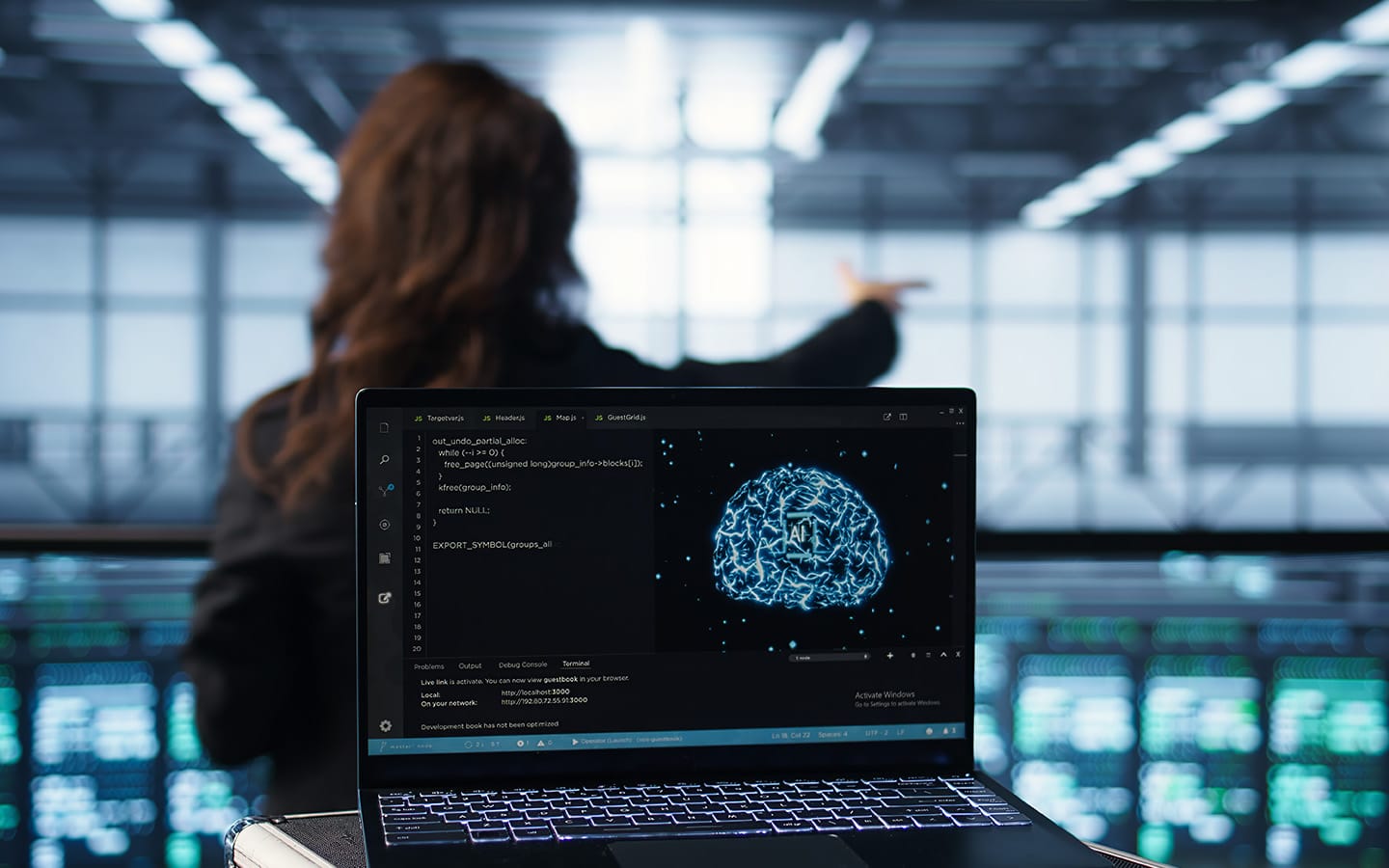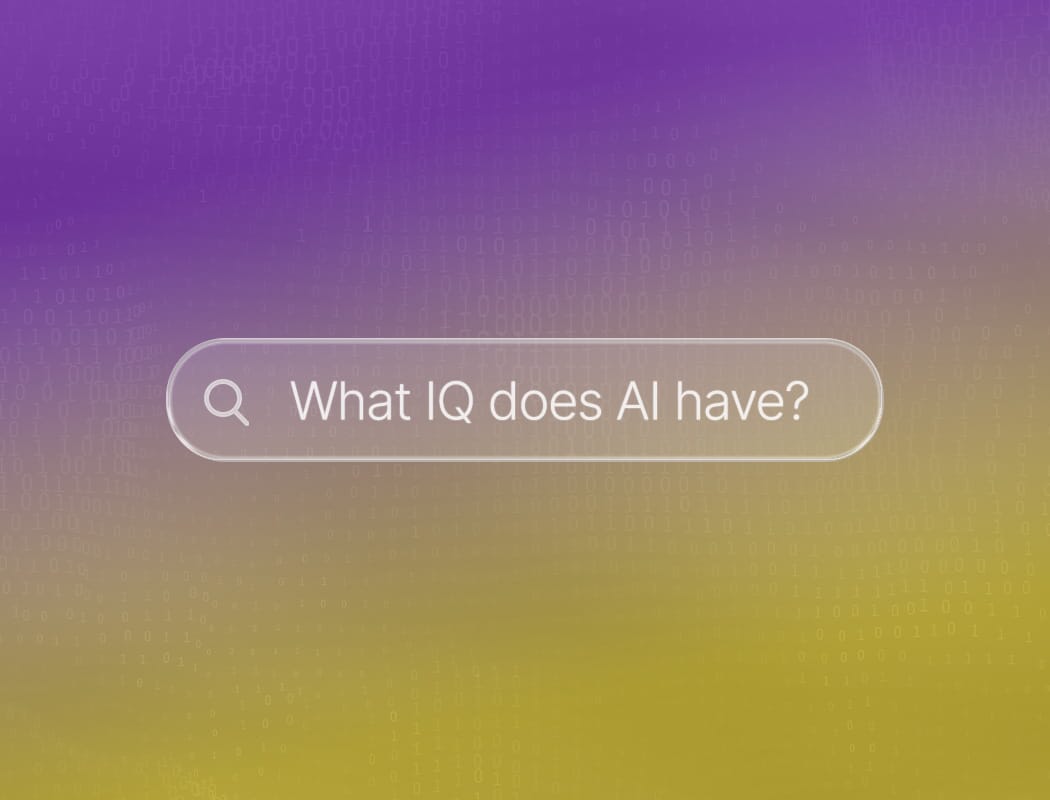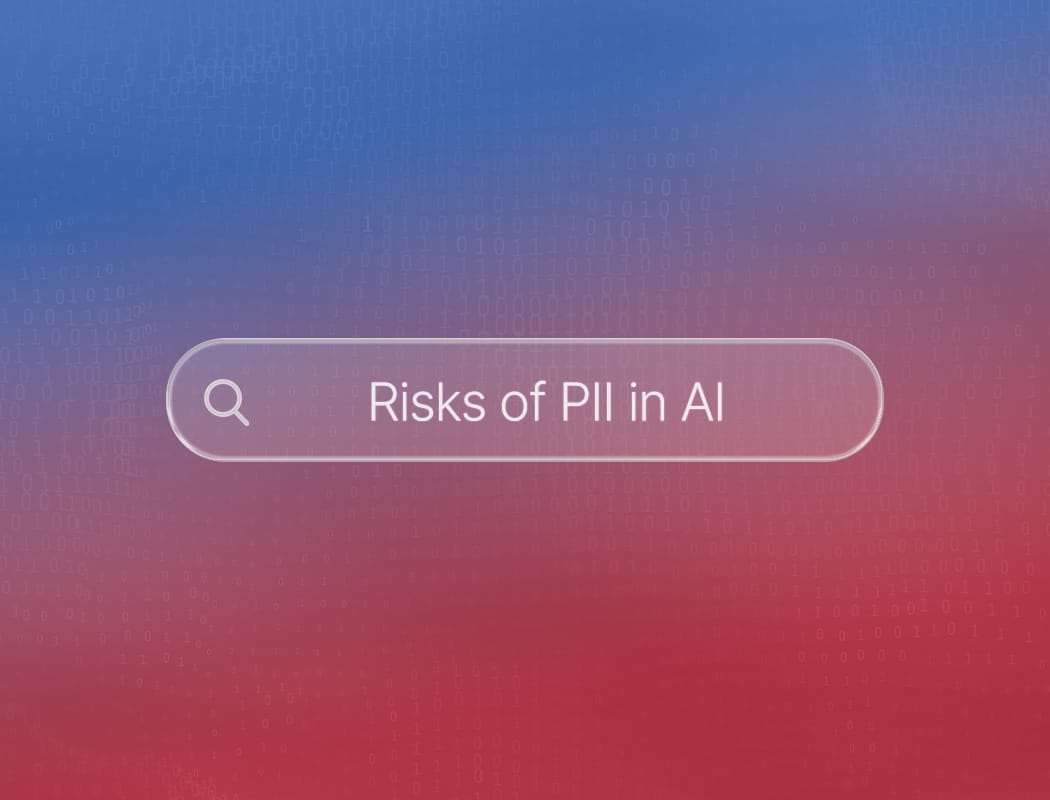What Is the IQ of AI?
When people talk about the IQ of AI, they’re usually trying to measure how “smart” a machine really is. But here’s the catch: IQ, as we know it, was designed for humans. It measures things like logic, reasoning, and problem-solving—skills that machines approach very differently.
So, when you ask, “What is the IQ of AI?” you’re really asking, “How well can AI mimic or surpass human intelligence in specific tasks?” The answer depends on what you’re measuring, and how you define intelligence in the first place.
Comparing ai to human intelligence
AI can solve complex math problems in seconds, recognize faces in a crowd, and even write poetry. But does that mean it has a high IQ? Not exactly. While some tests have tried to assign an IQ score to AI, sometimes giving numbers as low as a young child or as high as a genius, the reality is more nuanced.
AI excels at narrow tasks but struggles with general knowledge, creativity, and emotional understanding. In other words, it’s brilliant in some areas and clueless in others.
Why iq isn’t the whole story
Focusing only on IQ misses the bigger picture. AI’s strengths lie in speed, accuracy, and processing massive amounts of data. It doesn’t get tired or bored. But it also lacks intuition, empathy, and common sense.
So, while it’s tempting to put a number on AI’s intelligence, the real story is much more complicated.
Which factors determine the IQ of AI?
Artificial intelligence is often measured by its “IQ”, but what does that really mean? Unlike human intelligence, which is shaped by genetics, environment, and experience, the IQ of AI is determined by a unique set of factors.
These elements work together to define how smart, adaptable, and useful an AI system can be. Let’s explore the four main factors that shape the intelligence of artificial intelligence.
Data quality and quantity
The foundation of any AI’s intelligence is the data it learns from. If you feed an AI high-quality, diverse, and accurate information, it has a better chance of understanding the world and making smart decisions.
On the other hand, if the data is limited, biased, or full of errors, the AI’s “IQ” will suffer. Quantity matters too, a larger dataset gives the AI more examples to learn from, helping it spot patterns and make predictions. But without quality, even mountains of data won’t help. The best AI systems are trained on data that is both vast and carefully curated.
Algorithm design and complexity
An AI’s brain is its algorithm, the set of rules and processes it uses to learn and solve problems. Some algorithms are simple, while others are incredibly complex, mimicking the way human brains work. The smarter the algorithm, the higher the potential IQ of the AI.
Advanced designs like deep learning and neural networks allow AI to tackle complicated tasks, such as recognizing faces or understanding language. The choice of algorithm shapes not just what the AI can do, but how well it can adapt and improve over time.
Computational power and resources
Even the smartest algorithm needs muscle to back it up. That’s where computational power comes in. The more powerful the hardware, the quicker and more efficiently an AI can process data and learn new things.
Limited resources can bottleneck an AI’s growth, slowing down its ability to analyze information or respond in real time. In short, raw computing power is a key ingredient in boosting an AI’s IQ.
Training methods and feedback loops
How an AI is trained makes a huge difference in its intelligence. Training methods range from supervised learning, where humans guide the process, to unsupervised learning, where the AI explores patterns on its own.
Feedback loops, where the AI gets corrections or rewards for its actions, help it learn from mistakes and get smarter over time. The more effective the training and feedback, the higher the AI’s IQ will climb.

How is the IQ of AI measured?
As mentioned earlier, measuring the IQ of AI isn’t as simple as giving it a standard test and waiting for a score. Unlike humans, AI doesn’t have emotions or intuition.
Instead, its “intelligence” is measured by how well it performs specific tasks, solves problems, and adapts to new situations. Researchers use a mix of benchmarks, puzzles, and real-world challenges to see how smart an AI really is.
Testing with benchmarks and tasks
AI systems are put through a series of tests designed to measure their abilities. These might include language comprehension, image recognition, or even playing games like chess. The results are compared to human performance or other AI models to see where it stands.
Evaluating adaptability and learning
Another key factor is how quickly and effectively an AI can learn from new data. If it can adapt to changes and improve over time, it’s considered more intelligent. This adaptability is often measured through repeated trials and ongoing learning scenarios.
What are the implications of AI having a certain IQ?
Imagine a world where AI has an IQ score, just like humans. Suddenly, we’re not just talking about lines of code or clever algorithms, we’re talking about intelligence that can be measured, compared, and even judged.
This changes the conversation from “Can AI do this?” to “How well can AI do this compared to us?” The implications ripple through society, business, and ethics.
It’s no longer just about what AI can process, but how it reasons, solves problems, and adapts. The question isn’t just technical; it’s deeply human.
Defining intelligence in machines
If we assign an IQ to AI, we have to ask: what does intelligence mean for a machine? Human IQ tests measure logic, reasoning, and problem-solving. But AI doesn’t think or feel the way we do.
Its “intelligence” is built on data, patterns, and probabilities. So, when we talk about AI having an IQ, we’re really talking about its ability to mimic certain human skills.
This could help us set benchmarks, but it also risks oversimplifying what intelligence truly is—both for humans and machines.
Social and ethical consequences
Giving AI an IQ score could change how we trust and interact with technology. If an AI scores higher than most people, do we let it make more decisions? What happens to jobs, education, or even self-worth?
There’s a risk of over-reliance, or of creating new biases based on numbers that don’t tell the whole story. The implications go far beyond technology, they touch on what it means to be intelligent, and what it means to be human.





